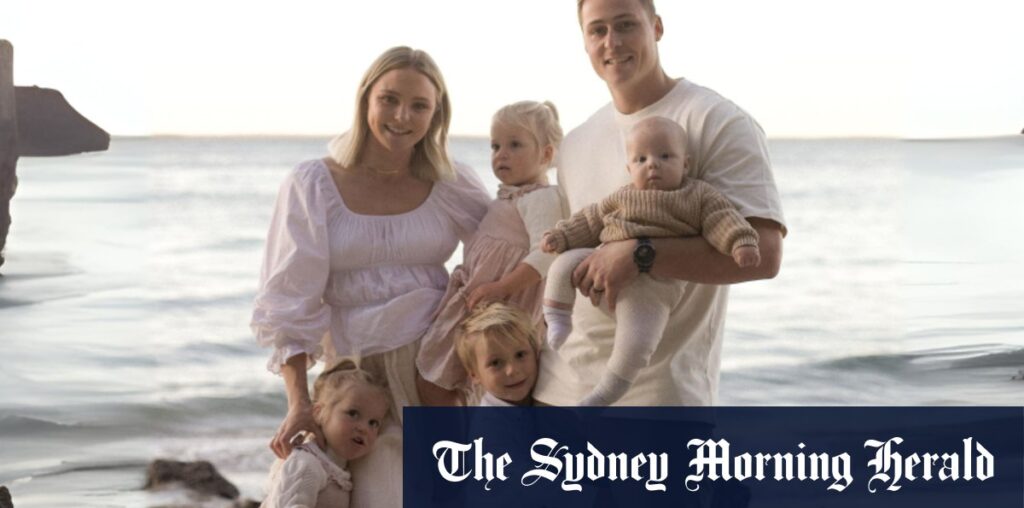Keshia Hutchens and Ariel Bryant, themselves mothers of three children each, founded mother’s group From Day One, a Melbourne-based community that provides support for families from pregnancy to postpartum.
Loading
While they’ve certainly observed the effect of financial pressures on families, they say to put falling birthrates down to household costs alone is an oversimplification. Most of the mothers in their community are career women, and they say many have had to consider the effect having more children might have on their professional progression.
“It’s not just the financial considerations but about their own identity and career,” says Hutchens.
The mental toll of having children – and how responsibilities will be divvied up in a two-person household – is another key consideration.
“There are so many things that go into having a family,” says Bryant.
“It’s managing school communication, who’s doing birthday parties, buying the groceries, staying home when kids are sick … all these things are what increase the mental load of having children.”

Keshia Hutchens (left) and Ariel Bryant, founders of From Day One in Melbourne.Credit: Wayne Taylor
And Bryant suspects that a greater emphasis on parents’ wellbeing – particularly of mothers – also accounts for smaller families.
“That’s been a real turning point in society … women are actually taking care of themselves. They’re putting their own needs first.”
Poppy Lockie, a mother of four (Henry, 9; Ruby, 7; Saskia, 5; and Rafferty, 1) living in Melbourne, always wanted a big family. She and her husband each have three siblings, and wanted the same for their own family.
Loading
Lockie, 38, a qualified naturopath, is the primary carer for her four children while her husband works full-time.
After her third child, Lockie was considering returning to the workforce, but ultimately decided against it due to the high cost of outsourcing childcare.
While the economic strain of having a big family was something she and her husband had to consider, she says their main consideration was health and their emotional capacity.
“It was about our capacity in terms of our energy and love – we really wanted to make sure that each … of our children could be given the same opportunities and the same level of care and attention,” she says.
She also says that starting a family relatively young, at 29, enabled her to have more children, something she acknowledges is harder for many women (the median age for first-time mothers in Australia is 29.8, and rising).
And despite what many may see as a financial strain, for Lockie, the trade-off is priceless.
“It wasn’t about necessarily what we would be giving up by having more children. We just welcomed all the love and the magic of children that you just can’t put a price on,” she says.
Make the most of your health, relationships, fitness and nutrition with our Live Well newsletter. Get it in your inbox every Monday.

